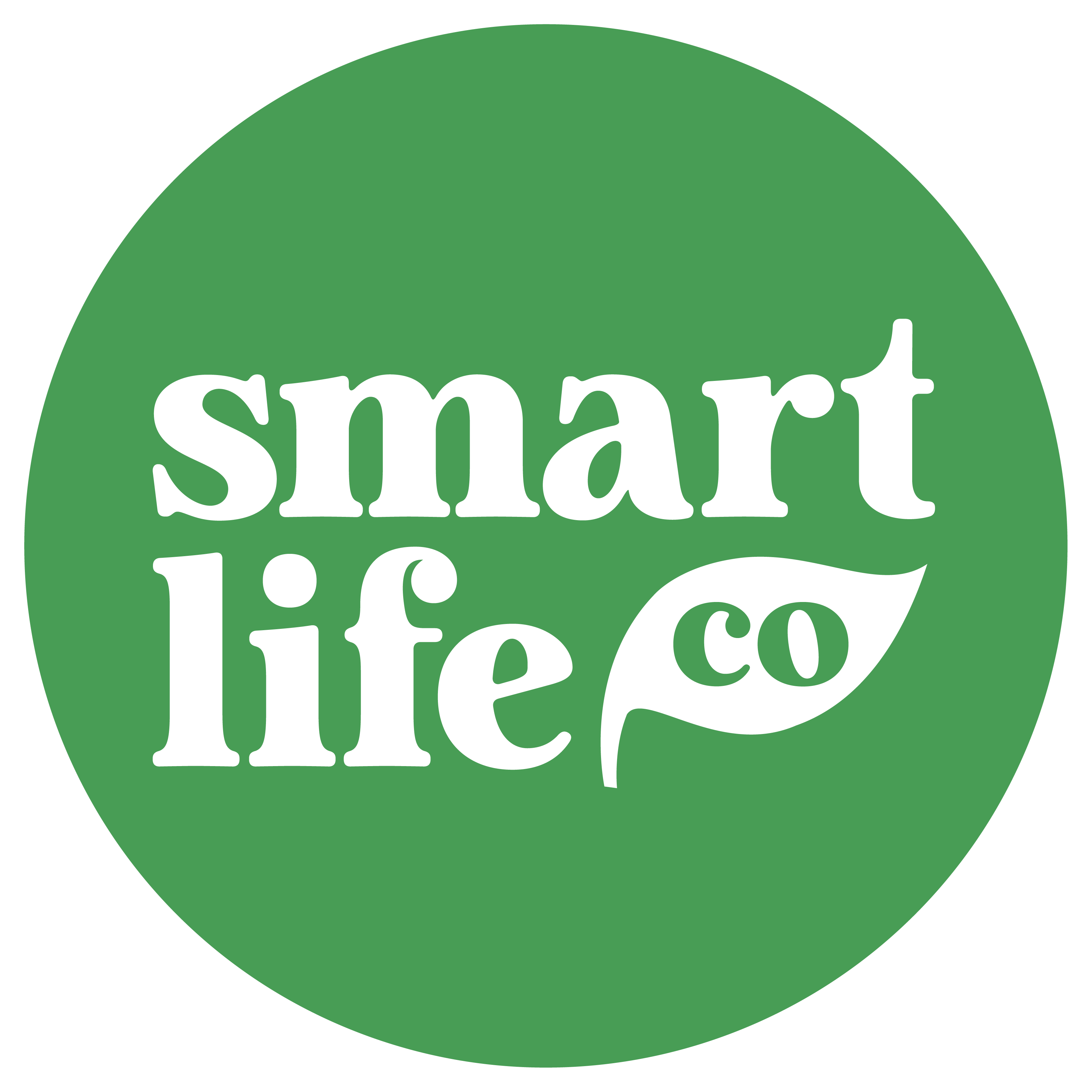

SmartLifEco

Wyoming, United States
February 2025
Medical & dental supplies
Wholesale/Retail
Canada,
United States
SmartLifeCo is on a mission to revolutionize oral care with sustainability at its core. As an innovative e-commerce brand, SmartLifeCo designs high-quality, eco-friendly dental hygiene products that reduce plastic waste without compromising performance. From compostable floss picks and ergonomic interdental tools to bamboo toothbrushes and travel kits, every product is crafted with both people and the planet in mind. With a commitment to reducing environmental impact, SmartLifeCo prioritizes plant-based materials, minimal packaging, and responsible sourcing. By offering sustainable alternatives to traditional oral care products, the company helps consumers make a meaningful switch to a greener routine. Beyond its products, SmartLifeCo actively promotes sustainability through education, partnerships, and advocacy. As a purpose-driven business, it strives to make sustainability effortless for customers while pushing the oral care industry toward a cleaner, greener future. Better for you. Better for the Earth.
Overall B Impact Score
Governance 16.7
Governance evaluates a company's overall mission, engagement around its social/environmental impact, ethics, and transparency. This section also evaluates the ability of a company to protect their mission and formally consider stakeholders in decision making through their corporate structure (e.g. benefit corporation) or corporate governing documents.
What is this? A company with an Impact Business Model is intentionally designed to create a specific positive outcome for one of its stakeholders - such as workers, community, environment, or customers.
Community 29.8
Community evaluates a company’s engagement with and impact on the communities in which it operates, hires from, and sources from. Topics include diversity, equity & inclusion, economic impact, civic engagement, charitable giving, and supply chain management. In addition, this section recognizes business models that are designed to address specific community-oriented problems, such as poverty alleviation through fair trade sourcing or distribution via microenterprises, producer cooperative models, locally focused economic development, and formal charitable giving commitments.
Environment 33.5
Environment evaluates a company’s overall environmental management practices as well as its impact on the air, climate, water, land, and biodiversity. This includes the direct impact of a company’s operations and, when applicable its supply chain and distribution channels. This section also recognizes companies with environmentally innovative production processes and those that sell products or services that have a positive environmental impact. Some examples might include products and services that create renewable energy, reduce consumption or waste, conserve land or wildlife, provide less toxic alternatives to the market, or educate people about environmental problems.
What is this? A company with an Impact Business Model is intentionally designed to create a specific positive outcome for one of its stakeholders - such as workers, community, environment, or customers.
Customers 3.3
Customers evaluates a company’s stewardship of its customers through the quality of its products and services, ethical marketing, data privacy and security, and feedback channels. In addition, this section recognizes products or services that are designed to address a particular social problem for or through its customers, such as health or educational products, arts & media products, serving underserved customers/clients, and services that improve the social impact of other businesses or organizations.